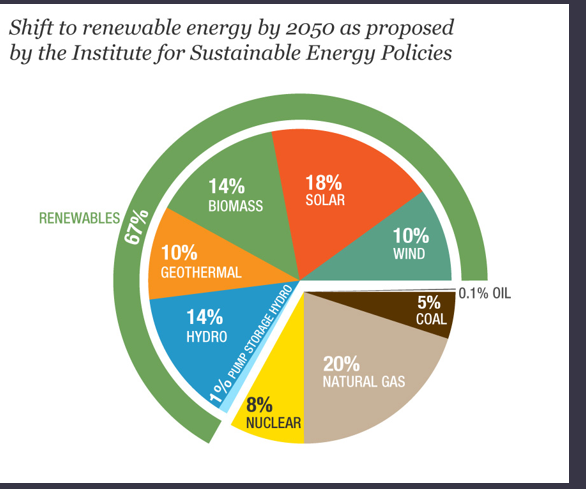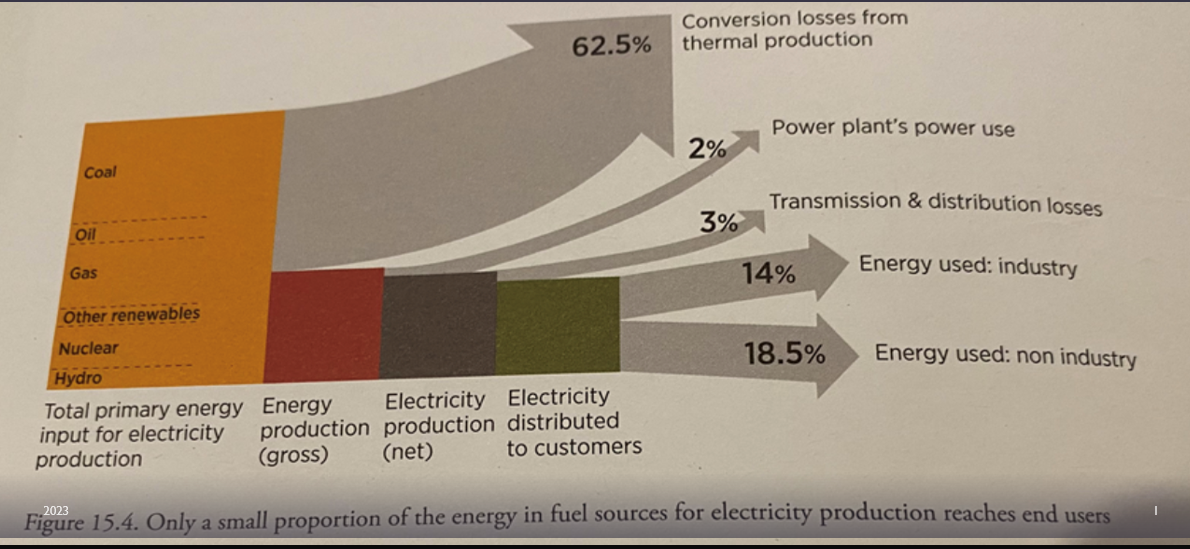building a sustainable future
1/19
There's no tags or description
Looks like no tags are added yet.
Name | Mastery | Learn | Test | Matching | Spaced |
|---|
No study sessions yet.
20 Terms
Why is the demand for renewable energy increasing worldwide
Because the world population is growing, which increases energy demand for social, economic, welfare, and health needs
What are the key opportunities offered by growing renewable energy markets
Energy security, increased energy access, social and economic development, climate change mitigation, and reduced environmental health impacts from non-renewable energy sources
What challenges come with transitioning to renewable energy
Challenges include technological limitations, infrastructure development, cost, and reliability of energy supply
How can challenges in renewable energy adoption be overcome
Through effective government policies and technological innovation
What is the status of hydro-electric power in Australia
Hydro-electric power is technically mature.
The Snowy Mountains Hydro-Electric Scheme has a capacity of ~4,100 MW, enough to power ~500,000 homes.
Hydro contributes ~35% of Australia’s renewable energy and 7.5% of overall energy use.
There are 100+ hydro stations nationwide, including Lake Eildon, West Kiewa, and Bogong in Victoria.
Characteristics of geothermal energy in Australia
Geothermal energy heats water to generate steam to turn turbines, involving multiple energy conversions and losses, making it as inefficient as coal but clean
Challenges of geothermal energy in Australia
Transmitting electricity from remote locations.
Finding geothermal resources suitable for extraction.
Flowing the energy, i.e., producing hot fluid at a high rate.
Financing high up-front capital costs and maintenance of enhanced geothermal systems.
Why is wind energy a dominant global energy source, and what is its status in Victoria, Australia
Wind energy is dominant because it is readily available and efficient, with no intermediate energy conversion steps between the wind and turbine motion.
In Victoria (2019), 6,098 MW of renewable energy was installed, of which approximately 2,000 MW was from wind power.
What makes biomass energy versatile
Biomass energy is versatile because it can be used for transport (biodiesel), electricity generation, cooking, and heating.
It utilizes industrial and agricultural by-products, reducing waste while generating energy
What are biomass limitations
it requires large amounts of land, making it more suitable for small-scale or community-based use
Why is improving energy efficiency important
It reduces the amount of energy used, which lowers greenhouse gas emissions

How does improving energy efficiency compare to switching energy sources
efficiency improvements often provide the largest savings at the least cost
How can energy efficiency be improved in a system
By investigating the potential efficiency gains in each device in an energy network
What is an energy-conversion device
A device that converts energy from one form to another. Example: a lightbulb converts electricity into light
Why is electricity used as the reference when evaluating energy efficiency
because electricity is a high-quality form of energy that can be easily converted into other high-quality energy forms, like mechanical energy
How does the involvement of heat affect energy efficiency
When energy input or output is heat, its value must be downgraded to mechanical energy equivalent, lowering efficiency
Why are homes with passive heating and cooling particularly efficient
Because no energy conversion between heat and mechanical energy is needed, so energy efficiency is high

What is one simple way people can reduce greenhouse gas emissions at home
Turn off appliances like TVs and computers instead of leaving them on standby
How can appliance choice help reduce greenhouse gas emissions
Choosing energy-efficient appliances lowers energy use and emissions
How can heating practices reduce greenhouse gas emissions
Using heat sparingly, such as not setting heaters above 21°C, can reduce emissions